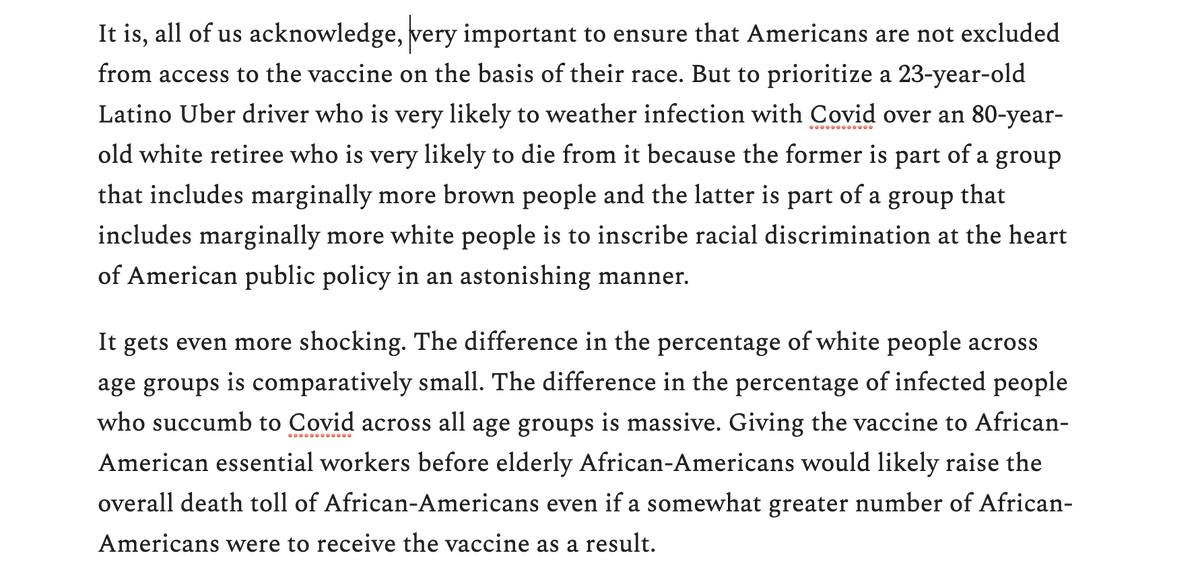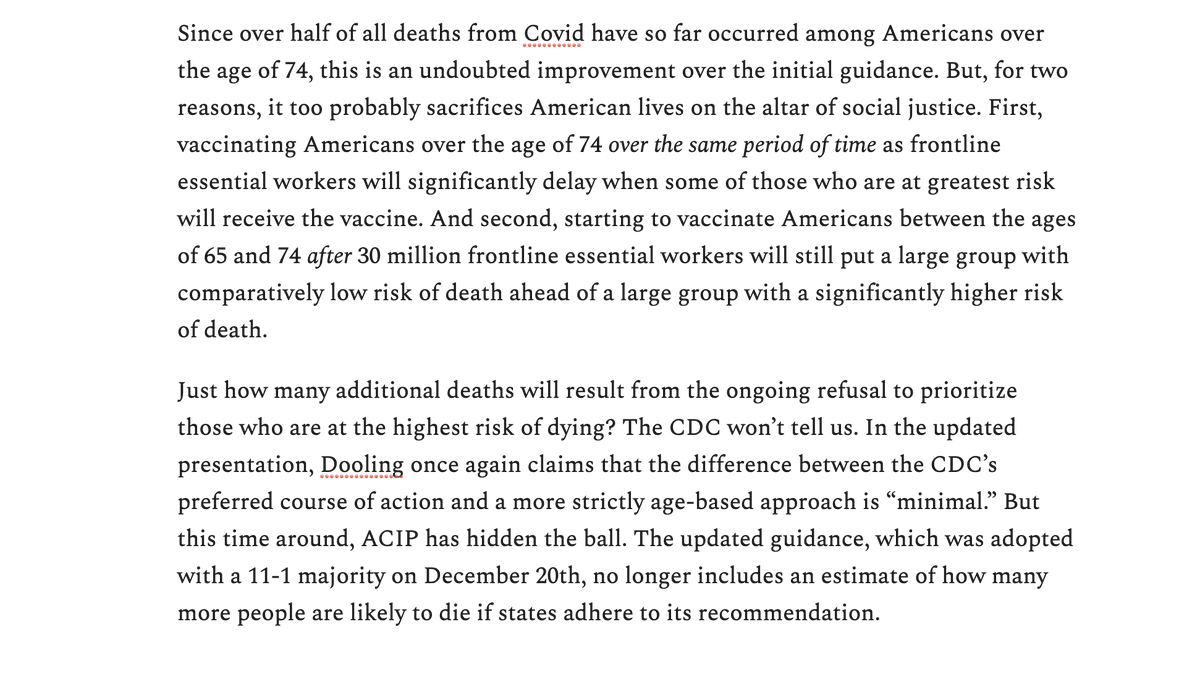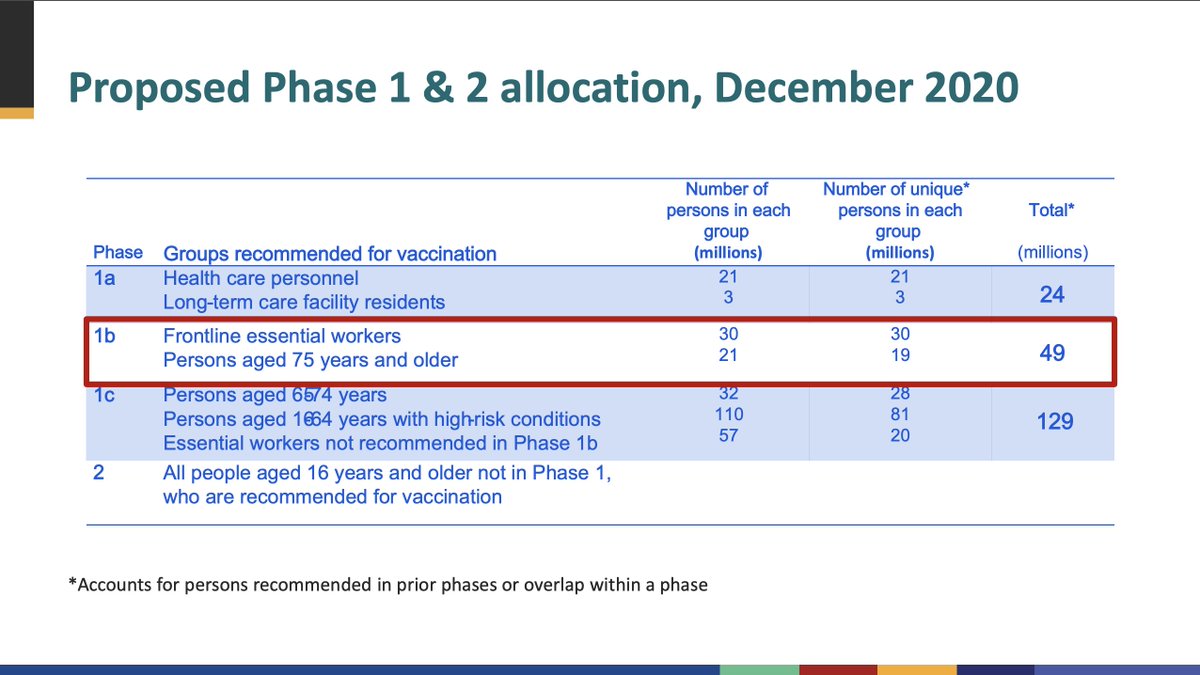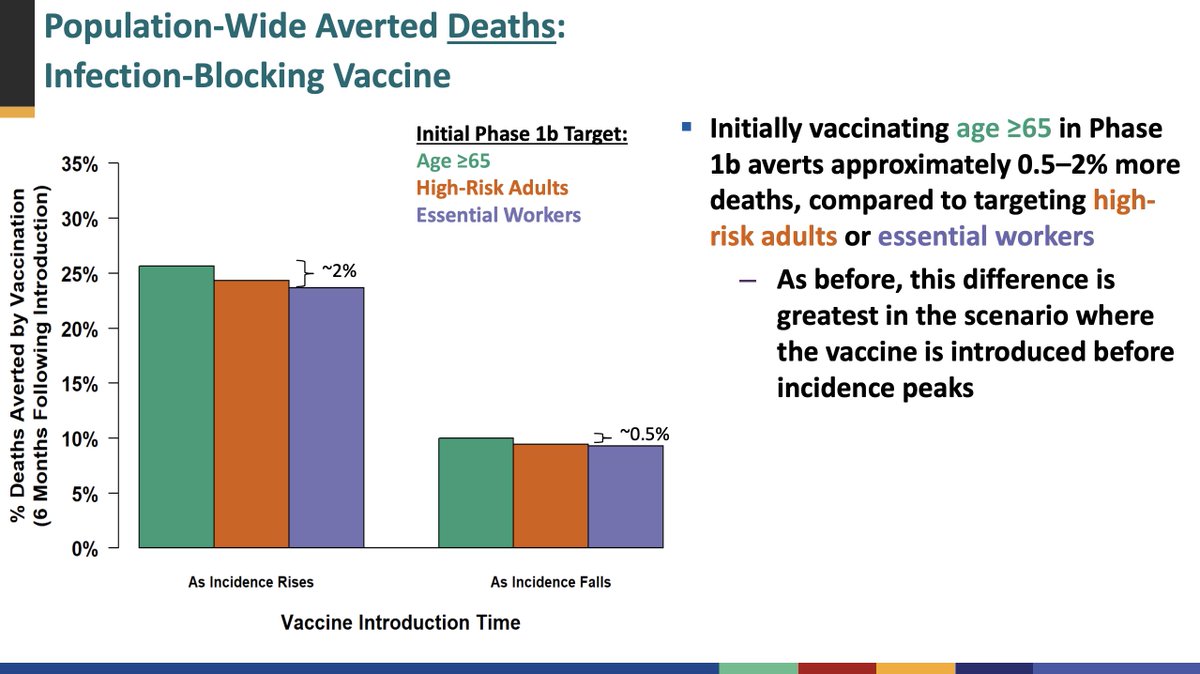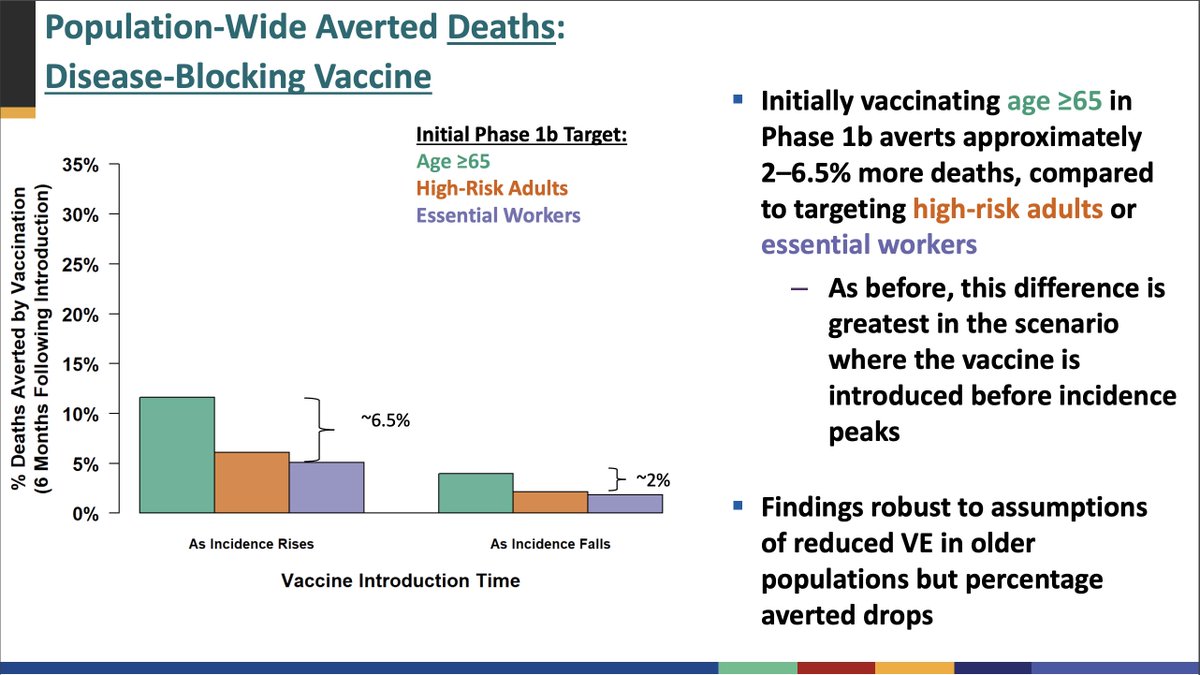
An unsourced German press report in a serious newspaper suggests that the primary vaccine used in the UK only has 8% effectiveness among 65+.
This is either:
a) a totally irresponsible failure of journalism, or
b) a giant disaster for the UK (and @BorisJohnson's government).
This is either:
a) a totally irresponsible failure of journalism, or
b) a giant disaster for the UK (and @BorisJohnson's government).
https://twitter.com/washingtonski/status/1353796533246976000
In the interest of reducing deaths and beating this pandemic, let's all hope it turns out to be a)...
FWIW, Germany's biggest tabloid is now reporting a version of the same story, suggesting that the vaccine is unlikely to be green-lit for 65+.
At this point, this does not look like misreporting; true or false, someone senior in the German government is really feeding this info.
At this point, this does not look like misreporting; true or false, someone senior in the German government is really feeding this info.
(There are lots of things wrong with Bild. But they take this kind of reporting seriously and have excellent sources in the government. It would be very surprising if they just made this up.)
Thank God, it turned out to be a horribly embarrassing mistake by @handelsblatt.
https://twitter.com/Yascha_Mounk/status/1354184859682541568
• • •
Missing some Tweet in this thread? You can try to
force a refresh

